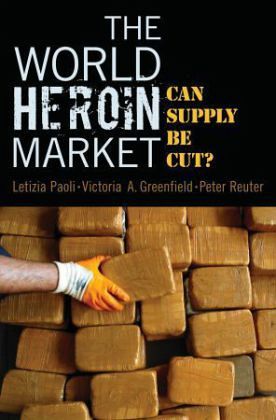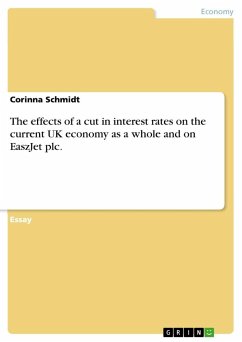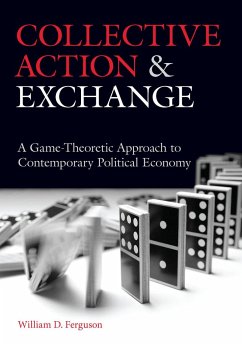Nicht lieferbar

The World Heroin Market
Versandkostenfrei!
Nicht lieferbar
Weitere Ausgaben:
Target group: Students and scholars of criminology and criminal justice, public policy, international relations, Asian studies, and developmental economics; readers generally interested in drug use and drug control policy.
During 2000-1 in Afghanistan, the Taliban achieved a longtime goal of national and international drug policy agencies: a large, sudden, and unanticipated reduction in world opium production. This cutback provides an unprecedented opportunity to study the dynamics of the world opiate market and ask whether further interventions could effectively reduce the flows of drugs. Based on an extended, multi-national study, the authors construct a new model for the trafficking of drugs and
revenues and offer the first account of the world market in heroin and other illicit opiates during and after the 2001 ban. The authors' broader findings demonstrate how robust production, trafficking, and consumption combine to make successful long-term interventions on the supply-side rare
exceedingly difficult, though specific policies can impact the organization and behavior of markets. For reductions in both production and consumption, where the cultivation of opium is entrenched in the normal life and legitimate economy of millions of people, international agencies and foreign governments must provide adequate and long-term support to foster both alternative development policies and law enforcement programs.
revenues and offer the first account of the world market in heroin and other illicit opiates during and after the 2001 ban. The authors' broader findings demonstrate how robust production, trafficking, and consumption combine to make successful long-term interventions on the supply-side rare
exceedingly difficult, though specific policies can impact the organization and behavior of markets. For reductions in both production and consumption, where the cultivation of opium is entrenched in the normal life and legitimate economy of millions of people, international agencies and foreign governments must provide adequate and long-term support to foster both alternative development policies and law enforcement programs.







